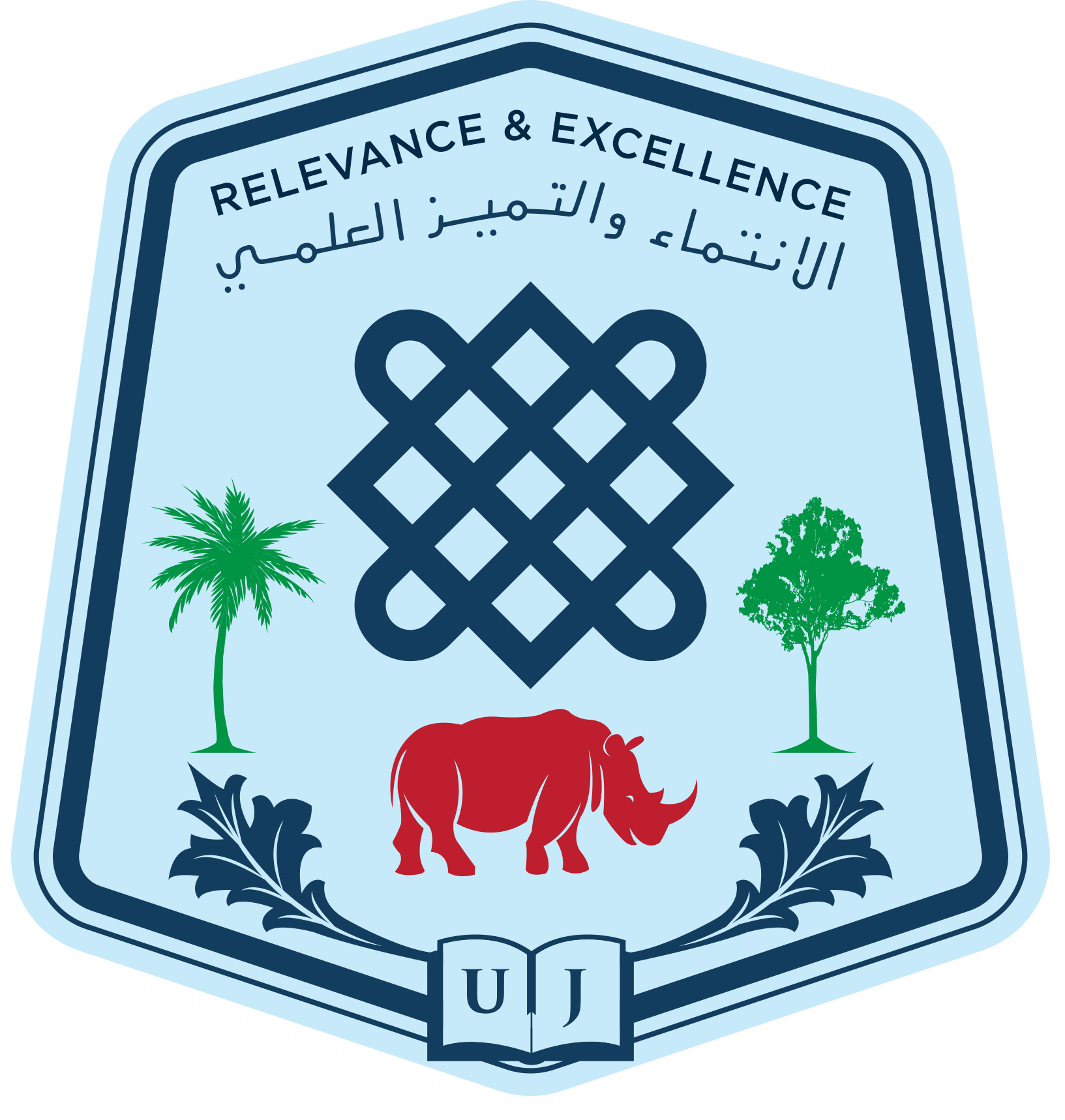by; Jacob Dut Chol Riak
Abstract
The study explored hydro-politics comparatively with regional scrutiny and profound global surveys. Hydro politics emerged as an interesting sub-field of comparative politics during the cold war period in 1970s. While hydro-politics is about state interest in the management of water resources, comparative hydro-politics is about different states interests in the management and cooperation on sharing and ownerships of water resources. Given that water is a trans-boundary resource that is susceptible to risks and conflicts, understanding politics around water resource is critical for the region and the world. The study regionally scrutinized hydro-politics on the case of Ethiopia, Egypt and Sudan using the Grand Ethiopia Renaissance Dam Project (GERD). It argues that the conflicts and tensions around the upstream and downstream countries can be regulated by the Cooperative Framework Agreement (CFA) of 2024 that has clearly articulated the equitable sharing of the water resources from River Nile. The study then analyzed hydro-political theories such as treaty succession and territorial sovereignty in management, sharing and ownership of water resources. Additionally, the study dived into the role of halted Jonglei canal and its impacts on the citizens across Jonglei state. The study also reviewed the role of South Sudan, the role of China and the role of Britain in Nile basin politics. Overall, the study used comparative method, process-tracing and case studies in scrutinizing and surveying hydro-politics in Africa and the world. The study found out that water resources have been associated with tensions, conflicts and wars and thus to avoid these catastrophes, cooperation agreements must be signed and upheld by the states sharing water resources. The eleven countries of the Nile Basin Initiative (NBI) from both the upstream and downstream must all rectify and implement the Cooperative Framework Agreement (CFA) of 2024. This is globally applicable to other countries that are sharing water resources in North America, South America, Europe, Asia, Middle East and Oceanic regions that Cooperative Framework Agreements (CFAs) are useful instruments of peaceful management of shared water resources. While the study noted the influence of Arab Republic of Egypt on the management of water resources, the study concludes that Egypt should join CFA-2024 and negotiates her rights within the framework.
Keywords: Hydro-politics, Regional, Scrutiny, Profound, Global, Surveys, Cooperative Framework Agreement, Nile Basin Initiative
Download the PDF File Understanding Comparative Hydropolitics: A Regional Scrutiny with Profound Global Surveys
